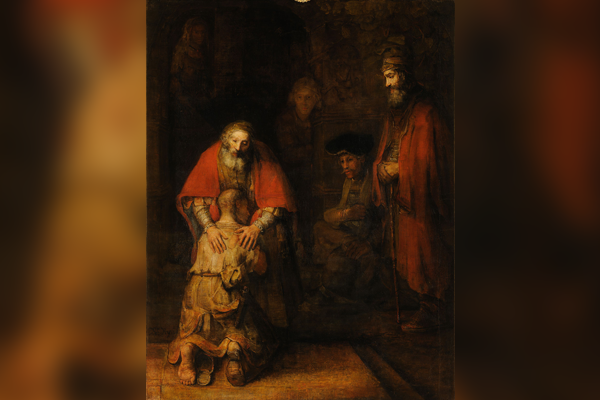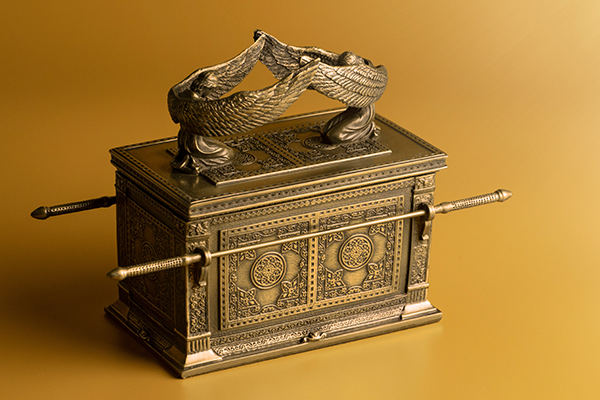
The Power of Acceptance
November 19, 2020
The Power of Love
December 31, 2020A Fatal Attraction

C.S. Lewis wrote in Mere Christianity that we are all making choices every day, and those choices are making us better or worse. We are changing “either into a heavenly creature or into a hellish creature: either into a creature that is in harmony with God, and with other creatures, and with itself, or else into one that is in a state of war and hatred with God, and with its fellow-creatures, and with itself.”[i] No one person makes all the choices correctly. The point is whether we are trying to make good choices and what do we do when we realize we have made a wrong choice. Do we correct it? Making choices based on the principles of God’s Word transforms us into people of the light, as does the wrong choices into people of darkness.
Take, for example, the sin of envy; it is an acceptable sin to many today. I have had conversations with people who will declare they don’t think it’s right that the rich have so much and they have so little. It is one of the forces driving socialism. However, no context justifies envy. Cornelius Plantinga describes the difference between covetousness and envy:
Envy is a nastier sin than mere covetousness. What an envier wants is not, first of all, what another has; what an envier wants is for another not to have. To envy is to resent somebody else’s good so much that one is tempted to destroy it. The coveter has empty hands and wants to fill them with somebody else’s goods. The envier has empty hands, and therefore wants to empty the hands of the envied. Envy, moreover, carries overtones of personal resentment: an envier resents not only somebody else’s blessing but also the one who has been blessed.[ii]
There are numerous examples of envy in the scriptures, and it is always ugly. Cain not only wanted what Able had; he wanted his brother dead. Even when offered a second chance by God, Cain chooses the inevitable consequences of envy, and that is to attack the envied. Take, for example, the envy of Saul. Saul was king and David, his servant, so it makes no sense for Saul to want what David has. This is the insanity of envy. It blinds you to what you have and makes you resentful of the other.
Envy was what drove Joseph’s brothers to their horrific deed of selling their brother into slavery. They cared nothing about owning Joseph’s beautiful coat. They tore it into pieces. What the brothers resented was Joseph having the coat. They resented him and what the coat represented. That was why they stripped him naked and beat him, and tossed him in a pit to die.
Why write about envy? Because it is rearing its ugly head in so many places. Do you want to know the greatest antidote for envy? It is gratitude! Learning to be grateful for what you have and who you are keep envy out of your life. Let’s make choices that make us more like Christ!
[i] C. S. Lewis, Mere Christianity, Macmillan Publishing, New York, 1952), p. 86-87.
[ii] Cornelius Plantinga, Jr., Not the Way It’s Supposed to Be: A Breviary of Sin (Grand Rapids, MI: Eerdmans, 1995), p. 162.



